Thoma Bravo's $2.3bn ForgeRock acquisition brings 2022 cyber investment to $12bn
The firm will have spent big on three different digital identity access management companies in the last year, in addition to significant industry investments since 2019


Private equity firm Thoma Bravo is set to acquire ForgeRock, an identity and access management (IAM) software company, for $2.3 billion.
The deal marks another major acquisition for the firm that already has cyber security giants such as Proofpoint, Sophos, and more recently Ping Identity in its portfolio.
RELATED RESOURCE
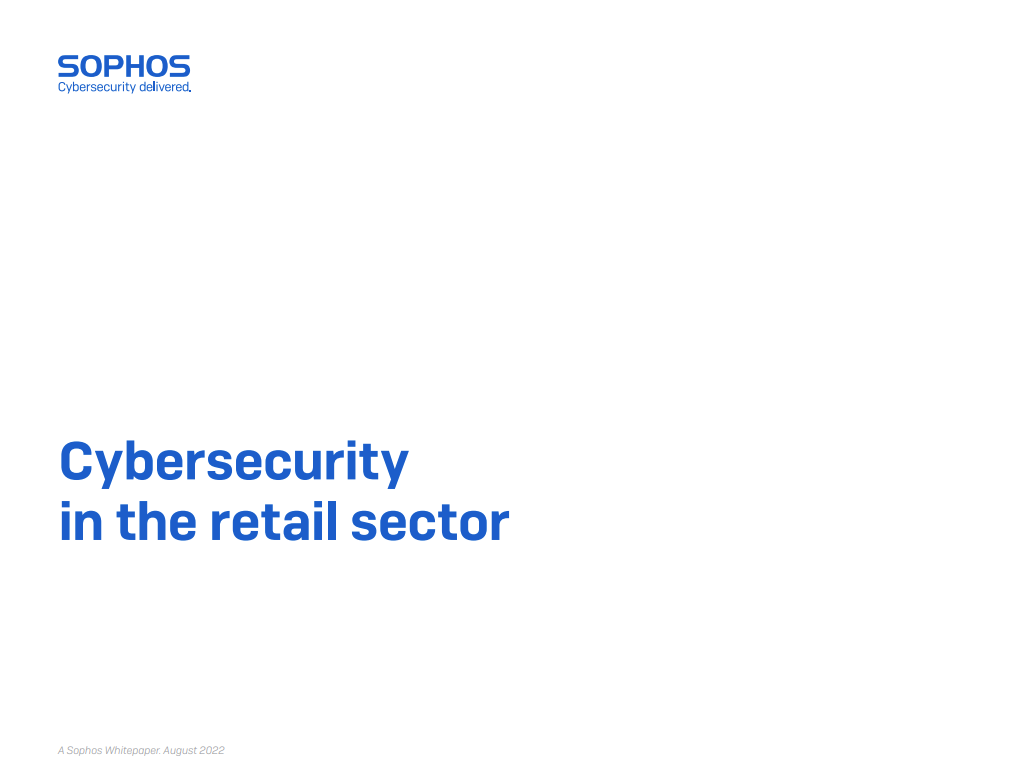
Cyber security in the retail sector
Retailers need to ensure their business operations and internal data aren't breached
Thoma Bravo will pay around $23.25 per share for the company, representing a premium of around 53% for ForgeRock’s closing share price on 10 October 2022, the companies revealed yesterday. The transaction is expected to close in the first half of 2023, subject to customary closing conditions including approval from ForgeRock shareholders.
The acquisition will see the IAM company become a privately held company once again. This comes merely a year after it went public, in September 2021, trading on the New York Stock Exchange. “Being a publicly traded company will help us grow into the company we need to become in order to advance our mission,” said Fran Rosch, CEO at ForgeRock, at the time.
“The transaction offers a unique opportunity to create value for all of our stakeholders and is a clear validation of our team’s outstanding work and the start of an exciting new chapter for ForgeRock, our customers, and our partner ecosystem,” Rosch underlined yesterday. “We are confident that Thoma Bravo’s resources and insights will help us continue to drive innovation in our platform and deliver even more value for customers.”
ForgeRock aims to eliminate the need for usernames or passwords so users never have to log in again, while ensuring customers are more secure and no longer need to worry about fraudulent account takeovers or identity breaches.
“Identity-centric cyber security solutions are a critical enabler for businesses to digitally transform their operations, and ForgeRock’s solutions combine both the advanced security and customer usability needed in the market,” said Chip Virnig, a partner at Thoma Bravo.
Sign up today and you will receive a free copy of our Future Focus 2025 report - the leading guidance on AI, cybersecurity and other IT challenges as per 700+ senior executives
The private equity firm may have been interested in ForgeRock given the consistent increase in cyber attacks in recent years. Between mid-2020 and throughout 2021, there was an upwards trend of cyber attacks according to Check Point. Additionally, attacks on corporate networks increased by 50% in 2021.
In July, Check Point also discovered that ransomware attacks now impact one in 40 organisations every week. Incidents have risen 59% year-on-year, due to a mixture of increased geopolitical tensions, an increase in remote working, and organisations paying the costs of ransom.
Thoma Bravo's deep interest in cyber security
Thoma Bravo has over $122 billion in assets under management, as of 30 June 2022, and calls itself one of the largest private equity firms in the world. The company invests in innovative businesses operating in the software and technology sectors and over the past 20 years, it has acquired or invested in more than 400 companies.
Over the past few years, it has made major investments, including acquiring cyber security firm Sophos for $3.9 billion in October 2019 and security and compliance company Proofpoint for $12.3 billion in April 2021.
The private equity firm has also made a spate of acquisitions purely focusing on the digital identity management field in the last year, in addition to ForgeRock.
It acquired digital security specialist Ping Identity for $2.8 billion in August 2022 as well as digital identity management firm SailPoint for $6.9 billion in April. This means, following its latest acquisition, it will have spent around $12 billion on acquiring digital identity software companies in the last year.
The private equity company may have made the acquisitions in the past year to take advantage of a turbulent market. Inflation harms technology firms less than other sectors, due to mostly not relying on physical inputs in their production processes, according to the Bocconi Students Investment Club (BSIC).
This suggests that these firms’ revenues and profits continue growing in the face of inflation, suggesting that they still may be attractive to buyers.
Private equity investors have also shifted their attention to tech areas as the sector has become increasingly important, added the BSIC. Technologies, like cloud and IoT, have become more important to businesses than ever and make ideal investments to weather the pandemic.
BSIC said that thanks to the adoption of working-from-home mandates across the world, cyber security has become a priority for all tech services making it highly valuable.
“While it is uncertain as to whether private equity will continue its current streak of acquisitions, falling valuations have reduced strategic buyers investable assets while conversely setting up private equity firms to acquire companies at undervalued levels post-pandemic, meaning that it seems perfectly reasonable to expect an inverse relationship between falling tech valuations and the rate of private equity acquisitions, and a continued direct relationship between strategic buying and their own valuations,” said BSIC.
Zach Marzouk is a former ITPro, CloudPro, and ChannelPro staff writer, covering topics like security, privacy, worker rights, and startups, primarily in the Asia Pacific and the US regions. Zach joined ITPro in 2017 where he was introduced to the world of B2B technology as a junior staff writer, before he returned to Argentina in 2018, working in communications and as a copywriter. In 2021, he made his way back to ITPro as a staff writer during the pandemic, before joining the world of freelance in 2022.
-
 What security teams need to know about the NSA's new zero trust guidelines
What security teams need to know about the NSA's new zero trust guidelinesNews The new guidelines aim to move an organization from discovery to target-level implementation of zero trust practices
-
 Amazon's OpenAI investment points to troubled waters for the hyperscaler
Amazon's OpenAI investment points to troubled waters for the hyperscalerNews The hyperscaler is among a number of firms targeting investment in the company
-
 Lacklustre leadership from DCMS delays UK-wide biometric identity platform rollout
Lacklustre leadership from DCMS delays UK-wide biometric identity platform rolloutNews For years the UK government has longed for a fully functional digital identity system, but it isn't helping those who are crying out to build it
-
 Thoma Bravo adds Ping Identity to growing cyber security portfolio in $2.8 billion acquisition
Thoma Bravo adds Ping Identity to growing cyber security portfolio in $2.8 billion acquisitionNews The intelligent identity company joins Proofpoint and Sophos, among others, as it looks to accelerate its cloud transformation
-
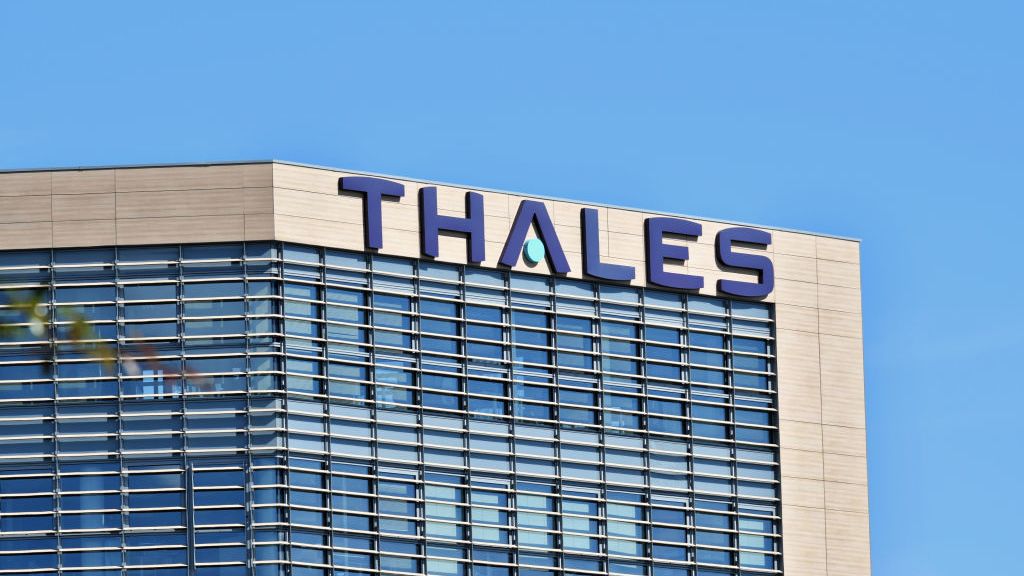 Thales acquires OneWelcome to boost identity and data privacy management
Thales acquires OneWelcome to boost identity and data privacy managementNews The company is set to buy OneWelcome for €100 million (£84 million) and use its offerings to give users greater control of their data
-
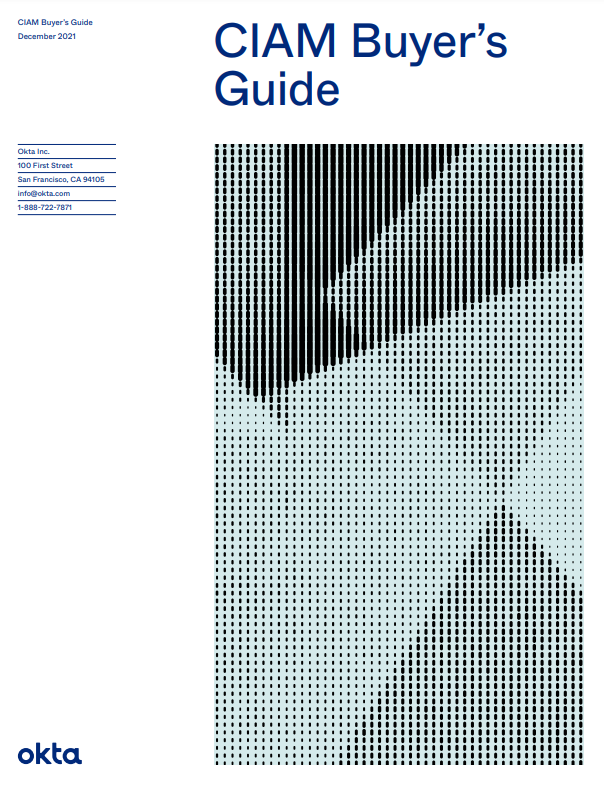 CIAM buyer’s guide
CIAM buyer’s guideWhitepaper Finding the right CIAM solution to capture & retain customers, fuel business growth and keep customers safe
-
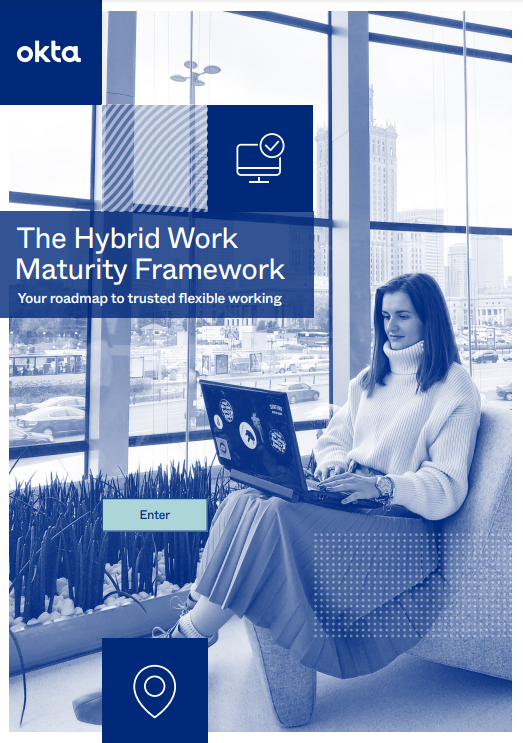 The hybrid work maturity framework
The hybrid work maturity frameworkWhitepaper Your roadmap to trusted flexible working
-
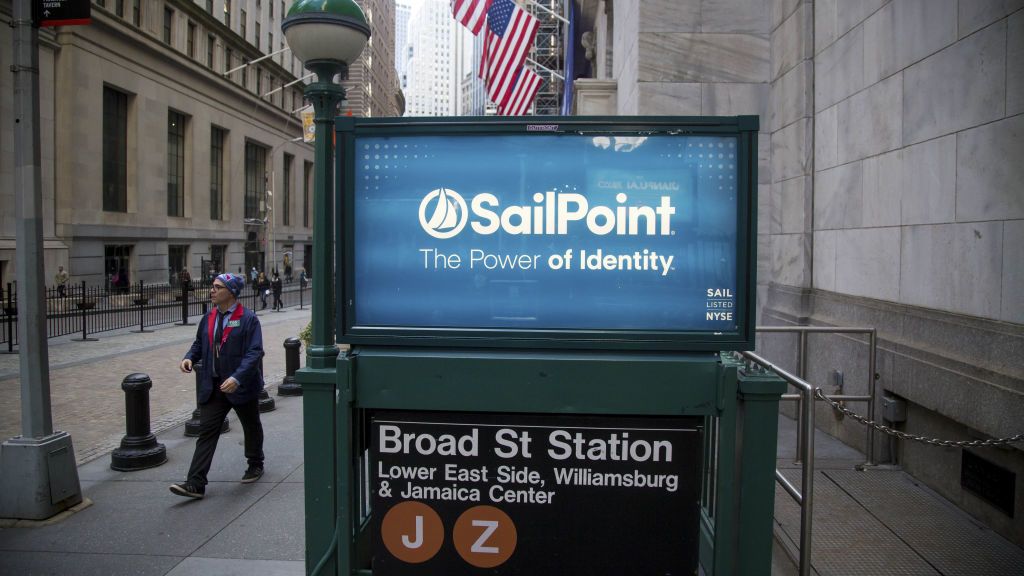 Thoma Bravo acquires SailPoint for $6.9 billion
Thoma Bravo acquires SailPoint for $6.9 billionNews Following the acquisition, SailPoint will no longer be listed on any public market
-
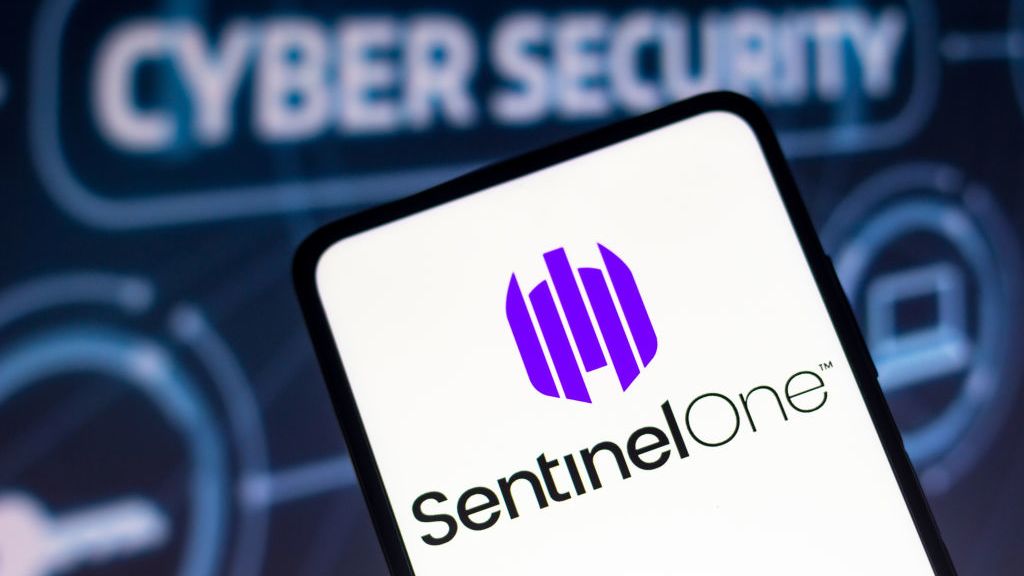 SentinelOne to acquire Attivo Networks for $617 million
SentinelOne to acquire Attivo Networks for $617 millionNews The deal will broaden SentinelOne's access to extended detection and response technology
-
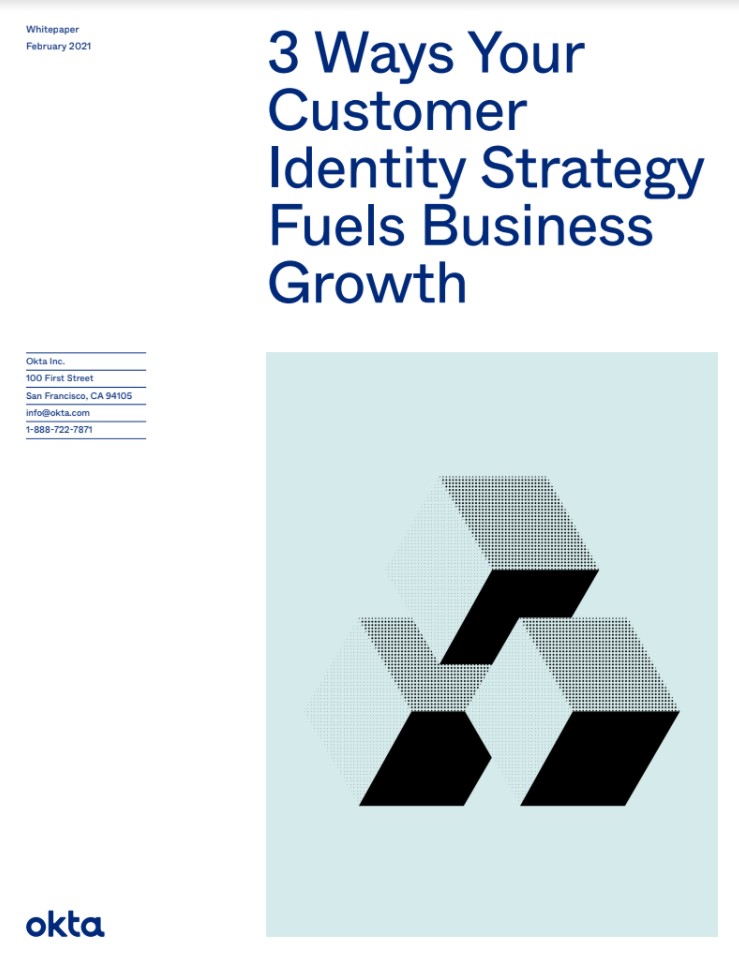 Three ways your customer identity strategy fuels business growth
Three ways your customer identity strategy fuels business growthWhitepaper Moving your business forward in innovative ways to jump-start growth
